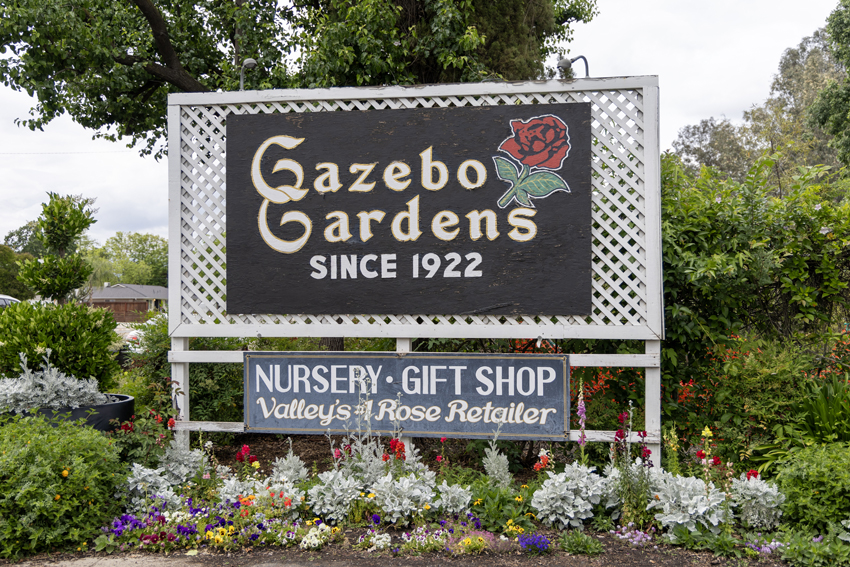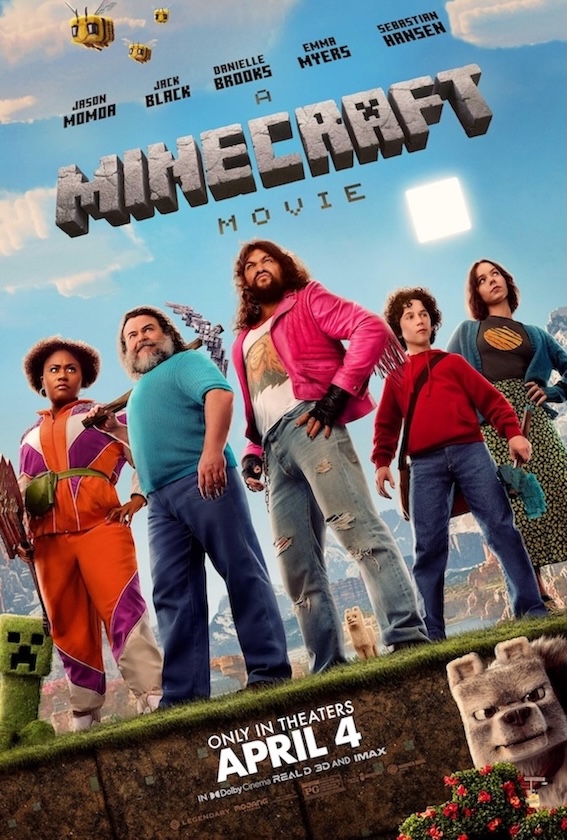Who hasn’t heard of Harry Potter? Who hasn’t seen all the avid fans staking out bookstores and waiting in lines for hours to get their hands on the latest installment of the Harry Potter series? The seven part fantasy series by British author J.K. Rowling has taken the planet by storm.
The series follows Harry around his magical school as he solves mysteries and thwarts the plans of the evil Dark Lord Voldemort.
The most recent installment, Harry Potter and the Order of the Phoenix, which is book five in the series, runs for a daunting 870 pages, but this didn’t stop schoolchildren everywhere from reading it. Children of all ages, all over the world, gobble up the adventures, or rather, misadventures, of this most famous wizard boy.
However, the Harry Potter movement has left some families torn. Are the books harmless fun, or do they have a hidden satanic agenda? This issue has stretched to families on campus, where students have vastly different views concerning the controversial books.
“I think the books are harmless fun, but if even if they were satanic adventures, kids need to know where their boundaries lie,” Kevin Gibes, ’05, said. “Reading some book about magic isn’t going to make me turn away from Jesus; it’s a matter of knowing what to emulate. If you don’t know what to emulate, you don’t deserve to read fantasy.”
Even if the books are fun, is it wrong for Christians to be entertained by magic?
“The Harry Potter books are satanic propaganda,” Lindsey Barbour, ’07, said. “The Bible says wizards are the children of the devil.”
Learning and casting spells play a prominent part in the series. Some believe that these spells, which the author claims are figments of her imagination, subconsciously cement themselves in children’s minds and teach them satanic worship.
“I think the books definitely teach kids real magic spells,” Barbour said. “I mean, magic is what the books are all about; isn’t it kind of obvious?”
Others do not believe the spells hold any real significance.
“The day ?Stupefy!’ becomes a true magical spell is the day I grow a beard made of spinach,” said Gibes.
Regardless of the spells, many people believe the books may be unhealthy for young children to read.
“I don’t think reading the books makes you evil or unChristian, but you have to be careful with it,” Kara Linkowski, ’08, said. “Young kids can’t distinguish playful magic from something that can really hurt them. But as long as you don’t get over-obsessive and take the magic seriously, I don’t have a problem with people reading the series.”
A critically acclaimed and award winning author, Rowling is often placed in the same category as other fantasy writers like J.R.R. Tolkien and C.S. Lewis.
“Is Rowling like Tolkien or Lewis? That’s hard to say,” Gibes said. “I don’t think she’s evil or misguided, but I know she’s not a Christian. Tolkien and Lewis were. Then again, she teaches good values?maybe even ones that are a little easier for children to understand than some other writers’ more lofty themes.”
Despite the ever-growing controversy surrounding the series, young people continue to read the books. The ?Harry’ mania is expected to return, stronger than ever, with the DVD release of Harry Potter and the Prisoner of Azkaban, which arrives in stores Nov. 23. The long awaited sixth book installment, Harry Potter and the Half-Blood Prince, is expected to be released sometime next year.
For more information on the series, visit www.harrypotter.warnerbrothers.com.






